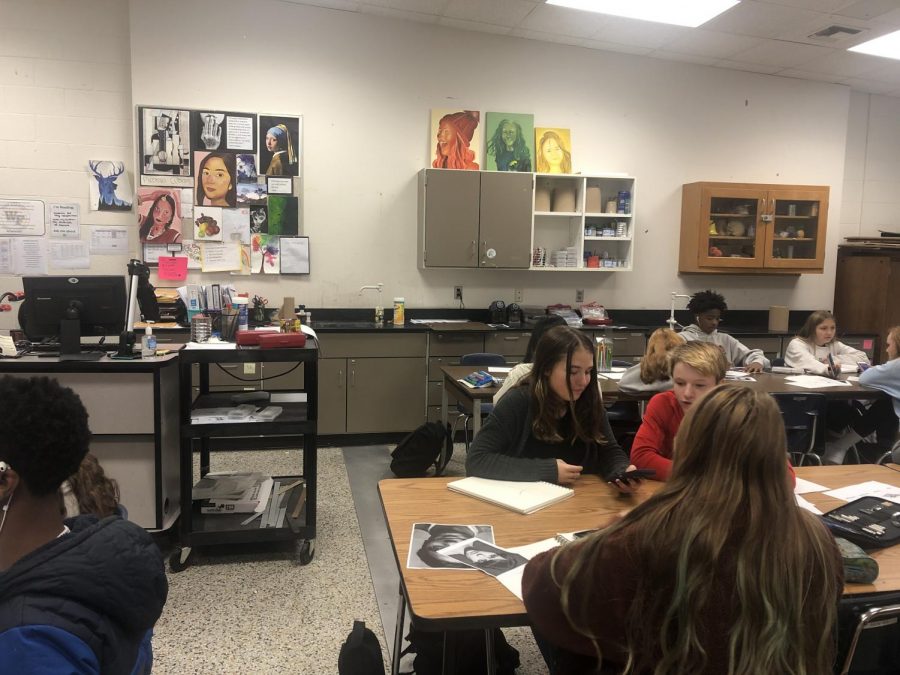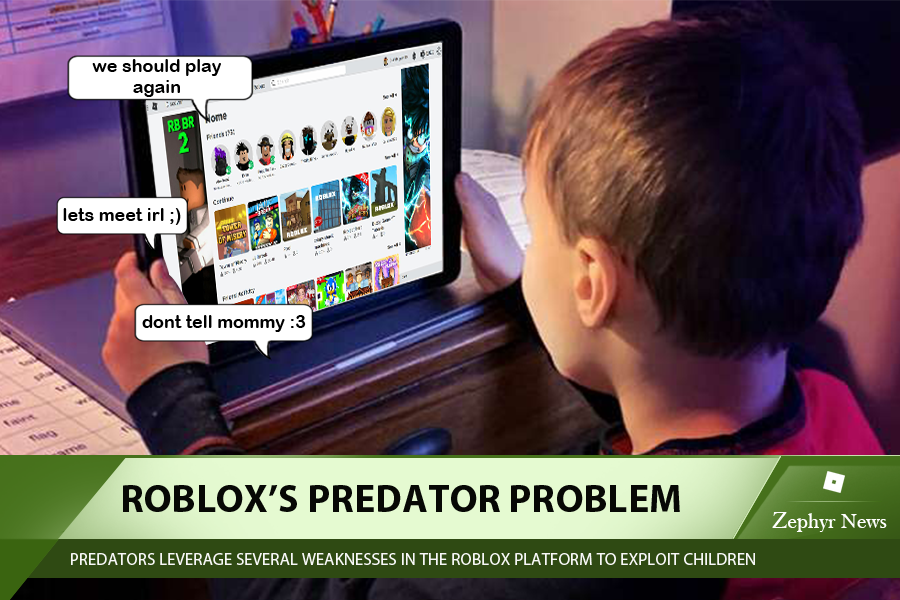Painting a Better Picture for Students: Creativity should be encouraged
Art students working on their projects. Classes like these should be more encouraged.
December 19, 2019
“It’s okay, art isn’t for everyone.”
This is not uncommon to hear. We’re all familiar with the idea that each person is unique and talented in their own way. Whether it be playing the piano or solving mathematical equations, we’re all valued the same, right? Wrong.
The most talented and intellectual artists sometimes gather the idea that they’re not smart because their passion is less valued than that of his or her peers with a gift for math or English. They are made to believe that they will never be able to find a job doing what they enjoy and that they need to focus on the more important subjects.
“Everyone is a genius. But if you judge a fish by its ability to climb a tree, it will live its whole life believing that it is stupid,” said Albert Einstein, a known genius who performed poorly in school.
So why is it that if we’re not particularly skilled in the arts, we are told it’s not a big deal; we all have our differences, but if science isn’t our strong suit, we’re told to study harder for the sake of our grade? It is so important that we introduce the arts to the minds of our youth. Students who practice the arts regularly are four times more likely to be recognized for their performance in other academic subjects (such as in a science fair or essay contest) than those who do not according to a study conducted by Americans for the Arts. The arts teach kids useful skills including creative problem-solving, decision-making, critical thinking and even social skills. Turning our backs on this great learning opportunity would be a tremendous mistake for the future of these kids.
The school system we know today was invented in the 19th century in order to teach kids to work in the factories during the times of industrialization. Factories during this period were looking for obedient, accommodating workers who would do what they’re told for a set number of hours. Sound familiar?
When it comes time to make budget cuts, art programs are the first to be eliminated because the success of the students in these classes is not measured by a standardized test. This is true for over 80 percent of US school districts since 2008.
Imagine going to school where art and band were just as important as history and science. Or where drama and dance were equally as revered as English and math. Every kid in our school system should be appreciated for their unique talents and gifts. No creative mind should ever feel less than brilliant.






